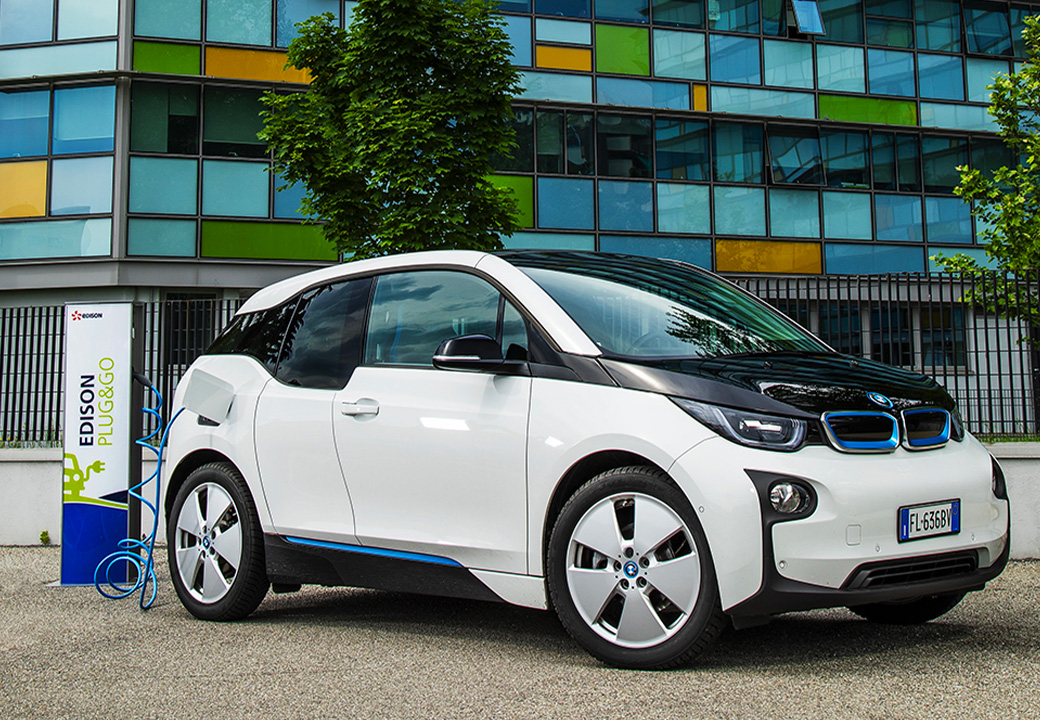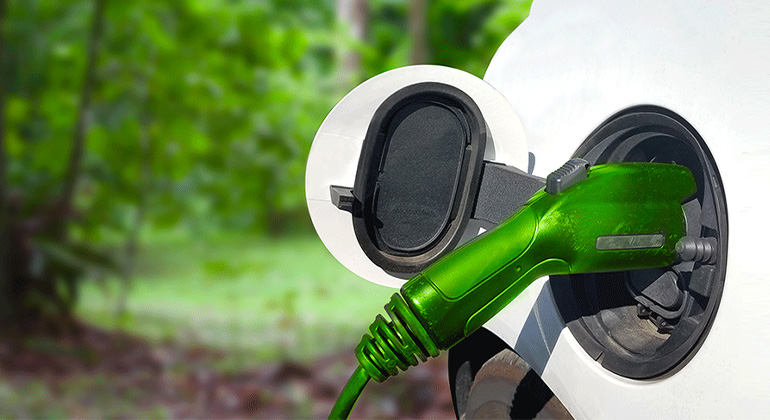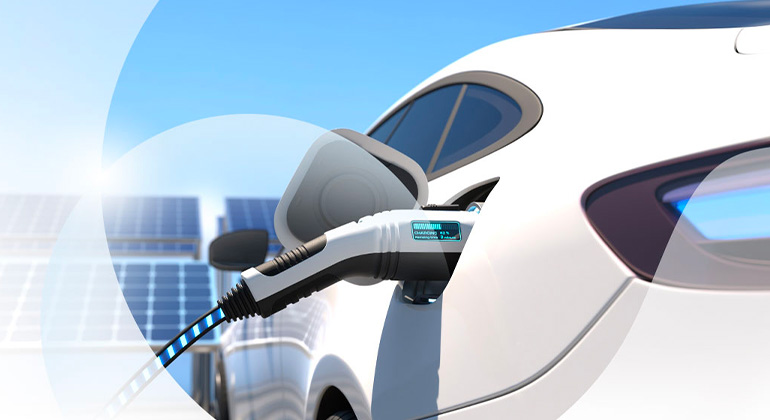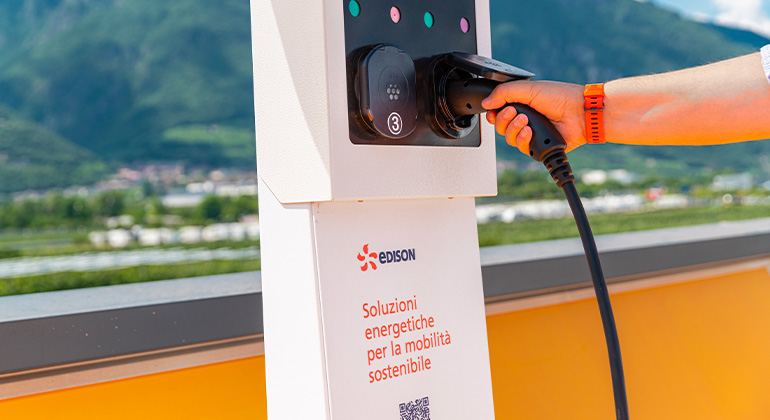
The trend toward electric cars
The development and sale of electric cars continues to grow worldwide. Italy is also seeing significant growth in registrations of full-electric and plug-in hybrid cars, with a view to meeting the electrification targets set by the European Union and the conspicuous investments made by car manufacturers: the development of electric mobility is expected to culminate in the compulsory sale of zero-emission light vehicles beginning in 2035.
Edison believes that electric mobility will play a key role in achieving the target of net zero emissions by 2050 and providing a variety of fully decarbonised, sustainable products and services going forward.
For this reason, the company has in recent years begun work on specific activities and projects that will be increasingly relevant for its customers in both the short and long term. As the sector evolves dynamically, Edison keeps a constant watch on technological, regulatory and market developments in the entire electric mobility sector, in order to seize new opportunities and integrate electric mobility into the company's already rich and varied range of services for residential customers, businesses and the public administration.
This is also made possible for Edison by creation of new partnerships, for sales, technology or research and development, and by the consolidation of existing collaborations in order to continue innovating in the electric mobility sector in Italy.
Edison has set itself ambitious goals for the years leading up to 2030, such as achieving an 8% market share in the supply of electricity used for recharging electric vehicles and installing more than 100,000 charging points (cumulative), including innovative solutions such as smart charging and V2G (Vehicle-to-Grid). .
With these intentions, Edison is engaged in a number of initiatives and projects aimed at actively promoting electric mobility throughout Italy: it is equipping several dealerships all over Italy with AC and DC charging stations and managing all their charging points; it offers private customers (B2C) and apartment buildings turnkey solutions for recharging electric vehicles at home and away from home; it designs customised electric charging solutions for companies (B2B customers), including charging services for company fleets of electric vehicles and for employees owning electric cars; it participates in calls and tenders for facilitating the process of electrifying local public transport, and other aspects of public administration; and it is committed to the electrification of its own corporate fleet by 2030 (EV100 Project).
Lastly, Officine Edison, the company's research and development facilities in Milan and Turin, are testing innovative recharging infrastructure aimed at integrating electric vehicles with electricity supplies in the home (Vehicle-to-Home), buildings (Vehicle-to-Building) and the electricity grid (Vehicle-to-Grid).
Learn more about the role of E-Mobility in Edison's journey towards sustainability:






